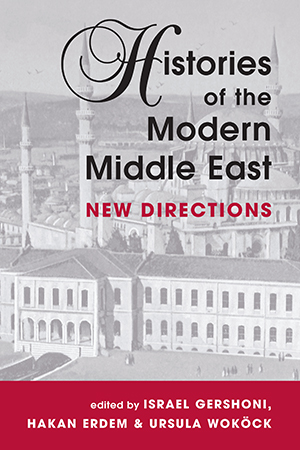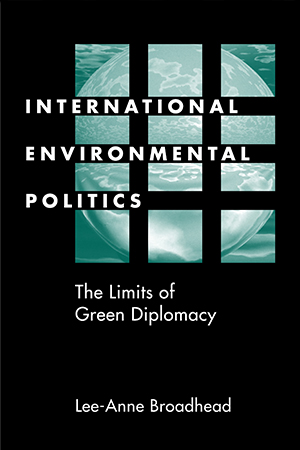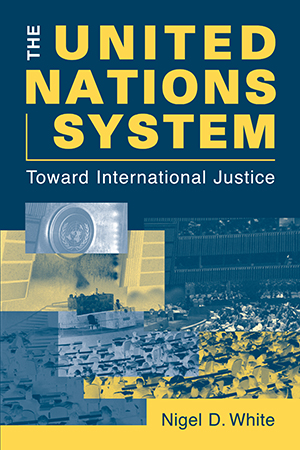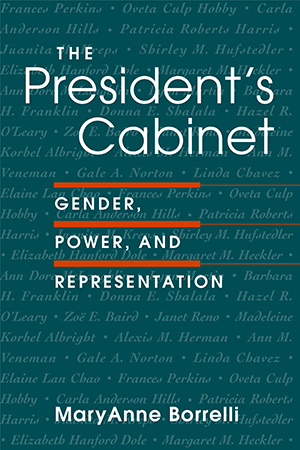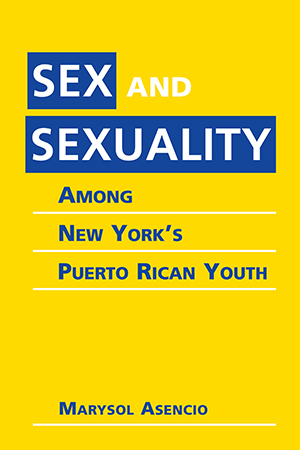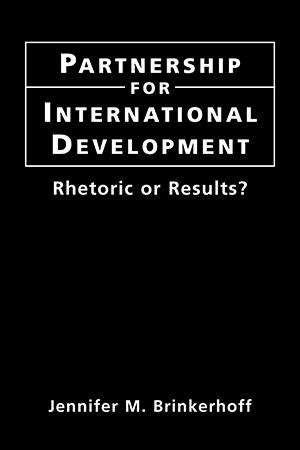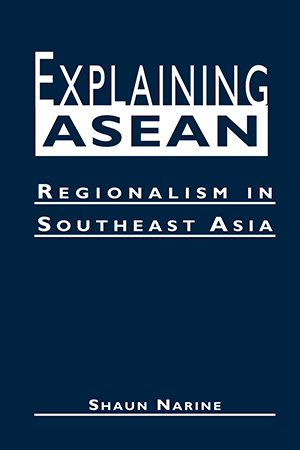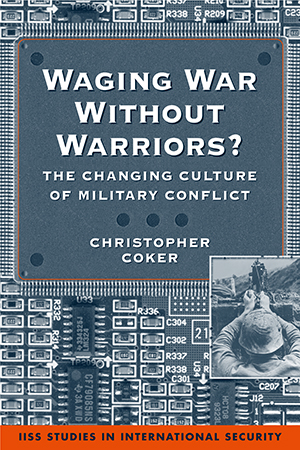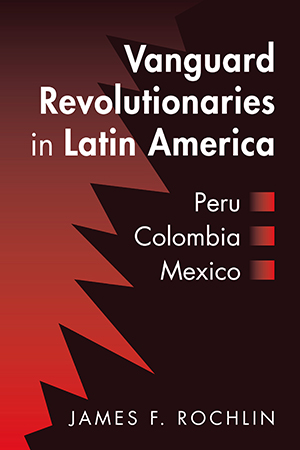BOOKS
Reflecting cutting-edge scholarship and covering more than two centuries of change, this seminal collection represents key trends in the historiography of the modern Middle East. The More >
Introducing students to global environmental politics from a critical perspective, Lee-Anne Broadhead reveals the yawning gap between the rhetoric of international agreements and the reality More >
To what extent does the United Nations system work? This comprehensive survey of the world's most important family of international organizations examines the UN's structure and More >
Are female office holders most acceptable when they most resemble men? Why has a woman never led the Department of the Treasury, or Defense, or Veterans Affairs? Reflecting on these and More >
Though Latinos are the youngest and most rapidly growing minority ethnic group in the U.S. today, their experiences with regard to sexuality have received little attention. Remedying this, More >
This comprehensive reader is the first to cover sexual deviance in its many forms, including topics as diverse as abstinence, public sex, sex work, and cybersex. Illustrating pathological, More >
In the search for institutional models that can deliver more and better development outcomes, partnership is arguably among the most popular solutions proposed. But the evidence of More >
Is ASEAN the foundation of a strong regional community in Southeast Asia? Or is it no more than an instrument used by its members to advance their individual interests? Addressing these More >
In the past, posits Christopher Coker, wars were all-encompassing; they were a test not only of individual bravery, but of an entire community's will to survive. In the West today, in More >
During the swan song of the Soviet Union and the immediate aftermath of the Cold War, many insurgent groups that had been dependent on Moscow or Havana quickly faded into political oblivion. More >



